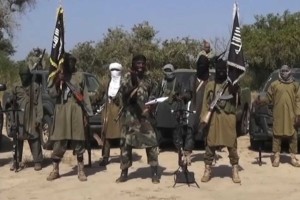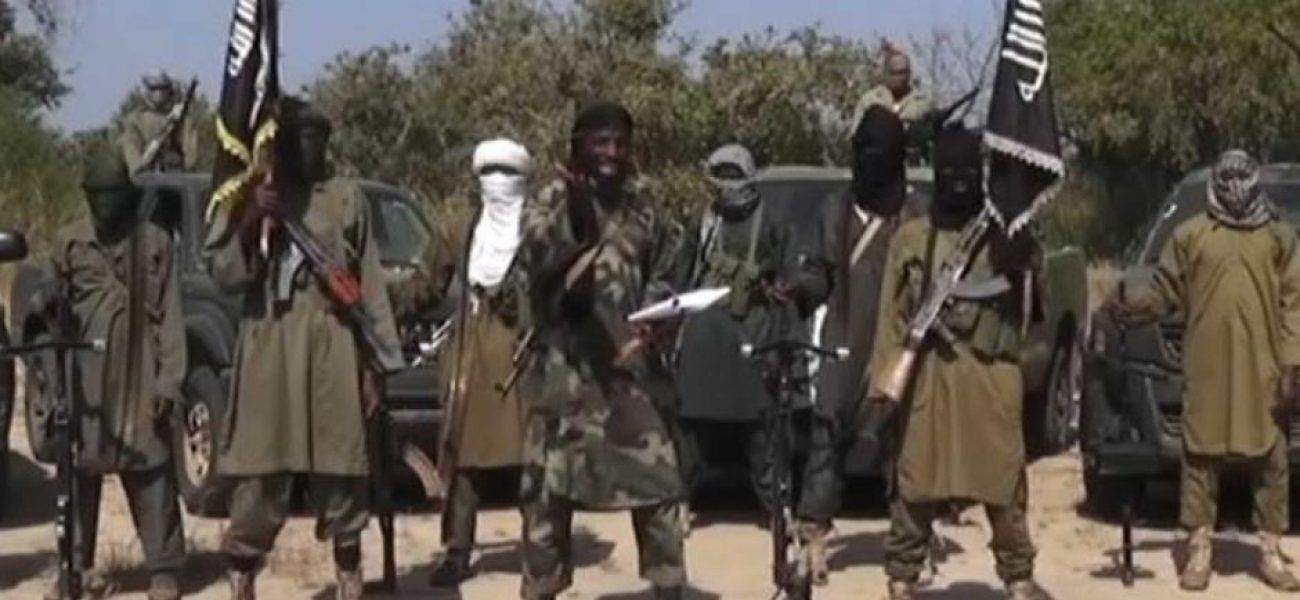 The recent bomb blasts in Kuje and Nyanya, Abuja on 2nd October 2015 have once again brought the discussions on the appropriateness of granting amnesty to Boko Haram prisoners to the forefront. It will be recalled that President Muhammadu Buhari had promised amnesty to Boko Haram prisoners in exchange for the release of the abducted Chibok schoolgirls kidnapped over a year ago in an interview with AFP (Agence France Press) recently[1].
The recent bomb blasts in Kuje and Nyanya, Abuja on 2nd October 2015 have once again brought the discussions on the appropriateness of granting amnesty to Boko Haram prisoners to the forefront. It will be recalled that President Muhammadu Buhari had promised amnesty to Boko Haram prisoners in exchange for the release of the abducted Chibok schoolgirls kidnapped over a year ago in an interview with AFP (Agence France Press) recently[1].
This is not the first time that the Federal Government has promised some form of amnesty to a militant or insurgent group. In the Niger Delta region for example the militants’ agitation for greater resource control and self determination against the Federal Government eventually led to the Federal Government granting amnesty worth billions of Naira to the militants in exchange for peace; ending the armed struggle that characterised the region prior to the amnesty programme.
However, a number of issues arise from whether or not to grant amnesty to Boko Haram insurgents. For instance, there is the question of whether granting amnesty will bring peace in the North East region, where the insurgent group carries out majority of its operations.
Boko Haram has become Nigeria’s collective problem. Amnesty International in a recent report placed the estimated number of women and girls abducted since 2014 to 20,000.[2] Many of whom have been forced into sexual slavery or forced to participate in armed attacks. For example, it has been widely reported that most of the Chibok schoolgirls abducted since April 2014 have been sold as slaves or married off by their captors. Therefore, if this is so, one must question whether the promise becomes redundant where some of the girls sold are beyond the reach of their abductors and cannot be brought back. Thousands of persons have been killed in the insurgency with an estimated number of 3.3 million people being displaced.[3].
The President did not address the issue of integration of the insurgents who would be granted amnesty to prevent further attacks when released back into the society. Unlike the Niger-Delta, the promise is also limited to granting amnesty to the Boko Haram insurgents presently in detention rather than a wide scale amnesty for all insurgents fighting against the State.
Granting amnesty does not also address the root problem of poverty. Although the insurgents claim they want a pure Islamic state free from western influence and education, it has been suggested that majority of the insurgents at war also feel economically ostracised by the State. There is also the lingering issue of justice, as offering amnesty is arguably a controversial way to treat fighters of a war that has brutalised Nigeria and left many homeless, dead and properties destroyed.
Furthermore, although the military in recent times appears to be winning the war against insurgency in the North East, without an internal security plan and adequate security measures in place, there is a danger that the country will remain vulnerable to future seeds of terrorism that may germinate when the war is eventually won.
Presently, Nigeria has so many economic and social problems to contend with such as corruption, mass unemployment of Nigerian youths and falling oil prices that eradicating Boko Haram through amnesty or otherwise appears to be a tall order except if given full priority in the first term of this administration.
[1] Buhari to Boko Haram : Release Chibok Girls Get Amnesty http://www.punchng.com/news/buhari-to-bharam-release-chibok-girls-get-amnesty/
[2] Nigeria: Horror in Numbers https://www.amnesty.org/en/latest/news/2015/06/nigeria-horror-in-numbers/, June 3, 2015
[3] Nigeria has new record, now has Africa’s Highest number of displaced persons http://www.premiumtimesng.com/news/161344-nigeria-sets-new-record-now-has-africas-highest-number-of-displaced-persons.html

